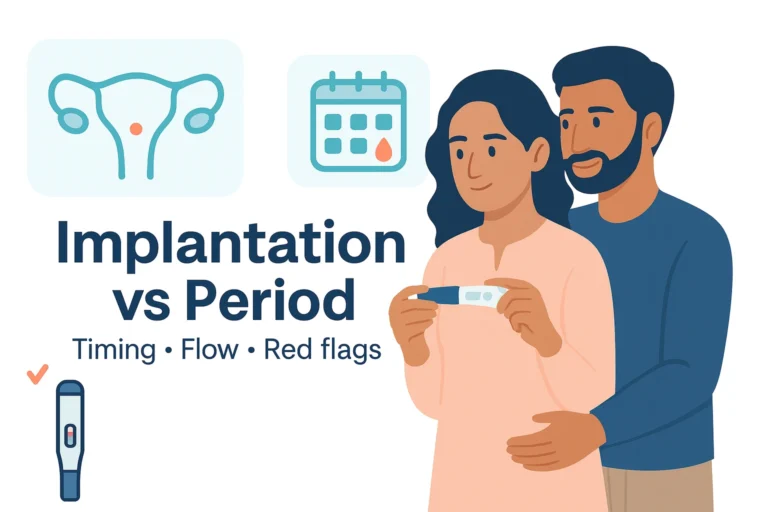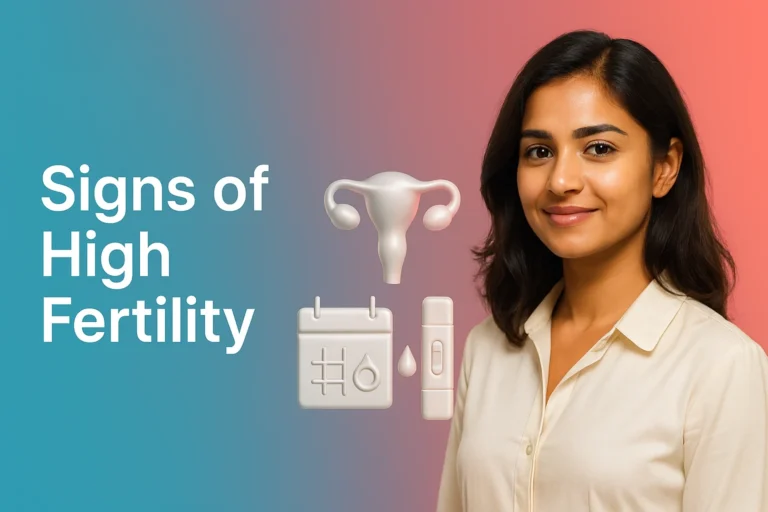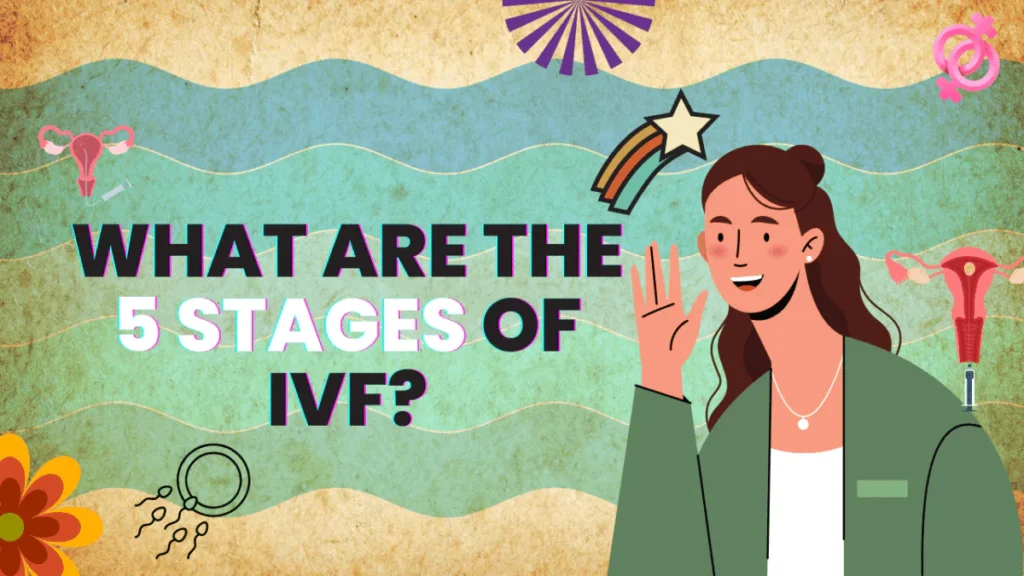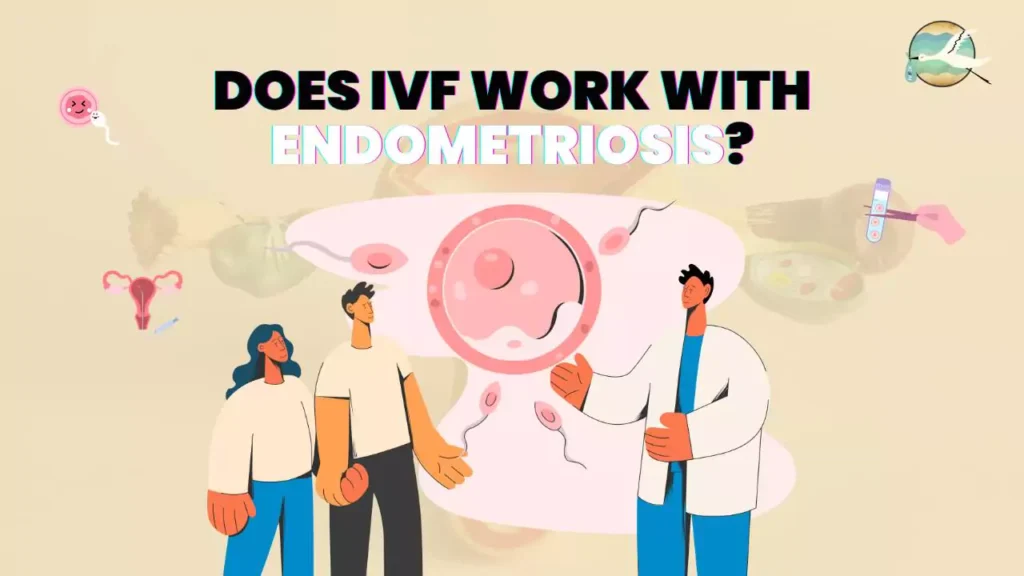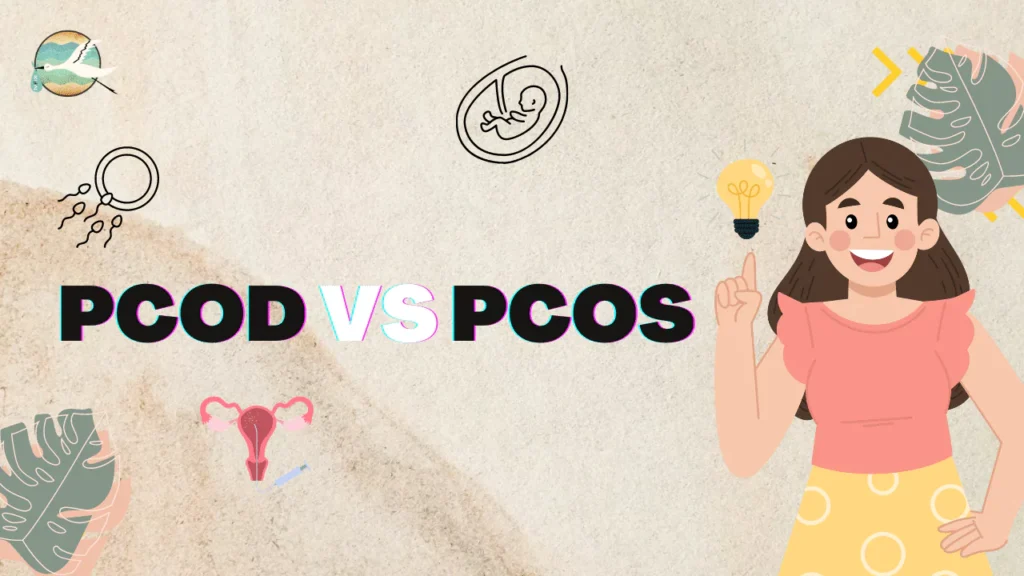IVF is now a common option for most couples struggling with infertility issues. As we approach the year 2025, it is imperative for hopeful parents to have clear parameters on the possibility of IVF treatment costs in Delhi in 2025, what they include, whether there is insurance coverage, and how to find affordable options. This guide strives to present comprehensive yet straight forward information for the audience.
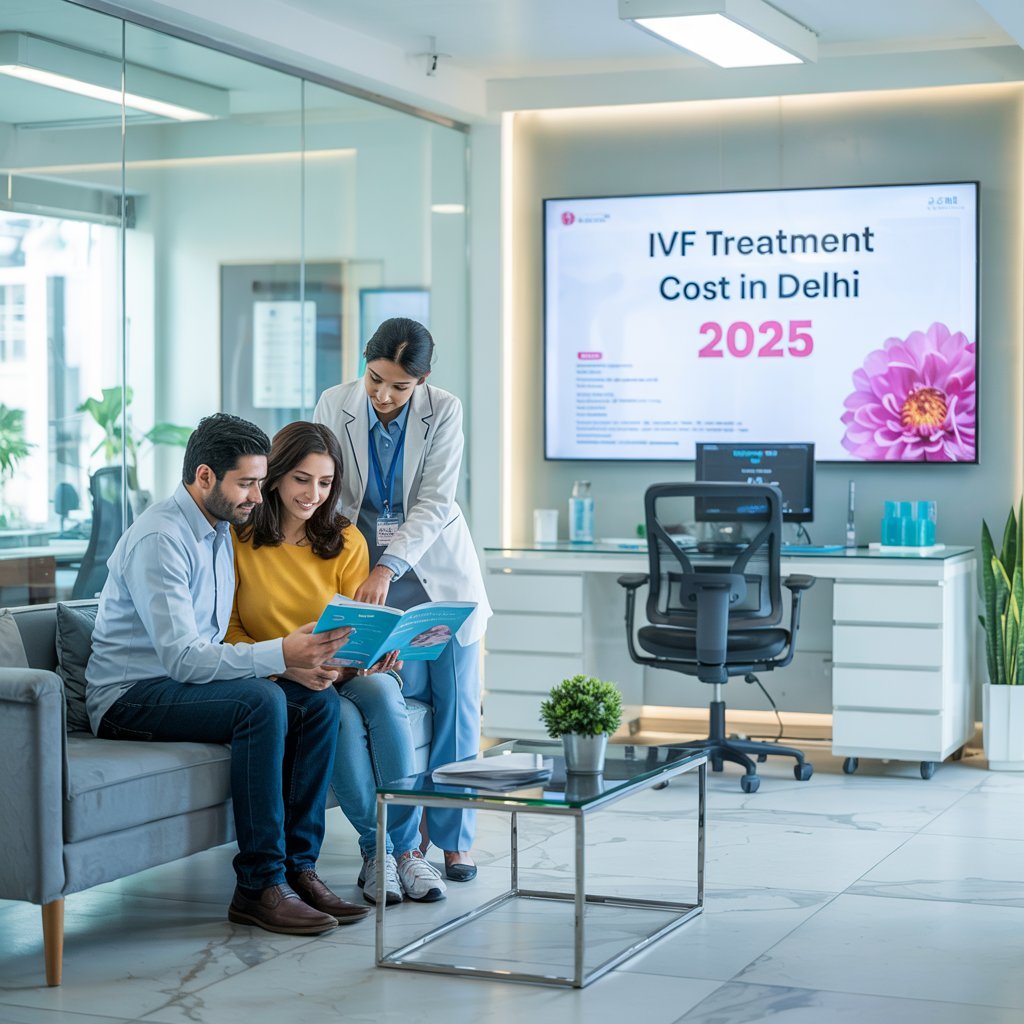
Understanding IVF Treatment Cost in Delhi
The cost of IVF treatment in Delhi may differ depending on various several factor such as the reputation pf the clinic’s, the qualification of the medical team, the nature of the case, and any additional procedures needed. As of 2025, the cost per IVF cycle in Delhi would generally the range of ₹1,00,000 to ₹2,00,000.
https://www.effectivegatecpm.com/c952jpkx28?key=1a8ef37d1a6343ef27f5dbf05c7fe13cWhat Does the IVF Treatment Cost Include? A Detailed Breakdown
IVF procedure is multistep and has several elements adding up to the overall expenditure. Here’s a concise breakdown:

- Initial Consultation Fees (₹1,000 – ₹3,000)
- First meeting with a fertility specialist.
- Discussion of medical history and treatment.
- Diagnostic Tests (₹5,000 – ₹15,000)
- Women: Hormone tests, ultrasound, and HSG (fallopian tube check).
- Men: Semen analysis and hormone tests.
- Ovarian Stimulation & Medications (₹50,000 – ₹80,000)
- Daily injections of hormones for 10–14 days to grow multiple eggs.
- Egg Retrieval Procedure (₹30,000 – ₹50,000)
- Minor surgery to retrieve mature eggs from ovaries under anesthesia.
- Sperm Collection & Processing (₹2,000 – ₹5,000)
- Fresh or frozen sperm is collected, washed, and prepared for fertilization.
- Fertilization Process (₹10,000 – ₹20,000)
- Eggs and sperm are mixed in a laboratory using IVF or ICSI.
- Embryo Culture & Monitoring (₹15,000 – ₹30,000)
- Embryos are monitored for 3–5 days to select the healthiest ones.
- Embryo Transfer (₹10,000 – ₹20,000)
- The best embryo is transferred into the uterus.
- Lab & Facility Charges (₹20,000 – ₹40,000)
- Covers IVF lab equipment, embryo storage, and handling costs.
🔹 Additional Costs (If Needed):
- Embryo Freezing & Storage – ₹30,000 per year.
- Donor Eggs/Sperm – ₹30,000 – ₹60,000.
- Genetic Testing (PGT) – ₹50,000 – ₹80,000.
Important: Some clinics may charge extra for embryo freezing, donor eggs/sperm, or additional procedures. Always request a clear price breakdown before starting treatment.
Factors Influencing IVF Costs

- Clinic Reputation and Success Rates: Established clinics with higher success rates may charge more due to their proven track records.
- Medical Team Expertise: Experienced specialists and embryologists might command higher fees.
- Diagnostic Tests: Initial assessments and tests can add to the overall cost.
- Medications: Hormonal injections and other medications are a significant part of the expenses.
- Additional Procedures: Techniques like Intracytoplasmic Sperm Injection (ICSI) or Preimplantation Genetic Testing (PGT) can increase costs.
- Number of Cycles: Some patients may req–uire multiple cycles, impacting the total expenditure.
Is IVF Covered Under Health Insurance in India?
Yes, but it depends on the policy. Traditionally, most health insurance plans did not cover IVF. However, in recent years, some private insurers have started offering partial or full coverage for fertility treatments.
Things to Check:
✔️ Does your policy include infertility treatments?
✔️ Is IVF covered under maternity benefits or an add-on policy?
✔️ Does your employer’s health insurance offer fertility support?
Some government schemes like Ayushman Bharat offer general healthcare benefits, but IVF coverage is still limited. Always read your policy carefully or consult your insurer to confirm what’s covered.
Historically, most health insurance policies in India did not cover fertility treatments like IVF. Times are changing, though. Certain insurance providers have started to offer coverage for infertility treatments, recognizing the growing demand and the emotional and financial burden on couples.
Read More :-10 Best Fertility Foods to Boost Your Chances of Getting Pregnant
Conclusion
Initiating the IVF process involves cautious thought regarding emotional, physical, and financial factors. Knowing the expense, checking out insurance possibilities, and looking for low-cost options allows couples to approach this with more hope and confidence.
FAQs
Q1: How many IVF cycles are typically needed to achieve pregnancy?
A: The number of cycles differs for different individuals. Although some might become pregnant in the first cycle, others may need more than once. Age, pre-existing conditions, and embryo quality are a contributing factor.
Q2: Are there any risks associated with IVF?
A: As with any medical treatment, IVF is not without risks, such as ovarian hyperstimulation syndrome, multiple births, and complications during the procedure. Talking to your fertility specialist about possible risks is important.
Q3: Can lifestyle changes improve IVF success rates?
A:Yes, a healthy lifestyle can influence IVF success. Suggestions are a balanced diet, regular physical activity, not smoking and avoiding heavy drinking, and stress management.
Q4: Is there an age limit for undergoing IVF treatment?
A: While there’s no strict age limit, success rates decline with age, especially after 35. Clinics may have their own age criteria based on success probabilities and health considerations.
Q5: How can I choose the right IVF clinic in Delhi?
A: Think about aspects such as the success rates of the clinic, how experienced the medical staff is, patient feedback, facilities that are available, and price transparency.
Q6: Are donor eggs or sperm used in IVF treatments?
A: When there is a severe fertility issue in one of the partners, donor sperm or eggs can be suggested. The idea should be explored in depth with your expert.


